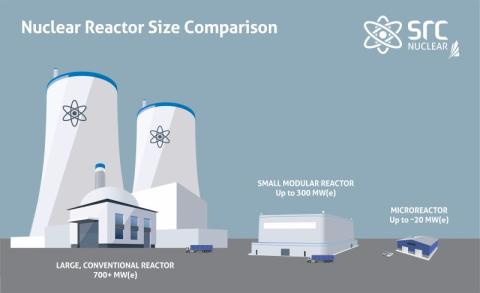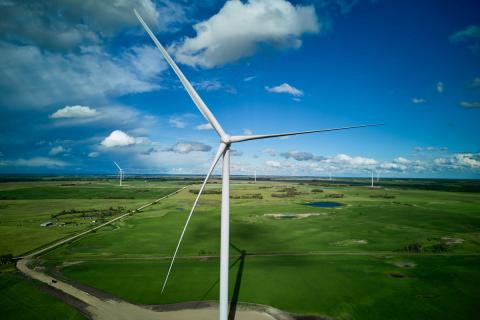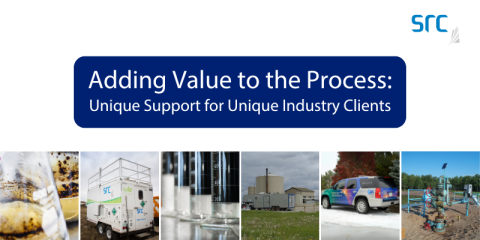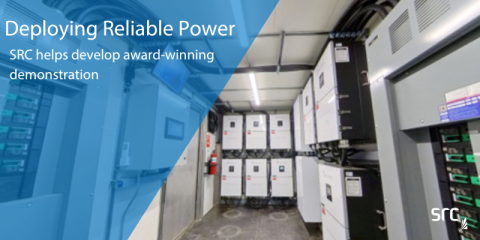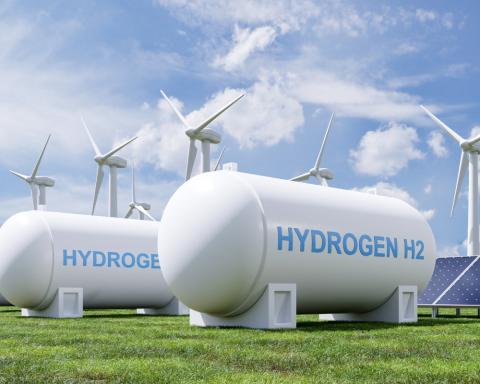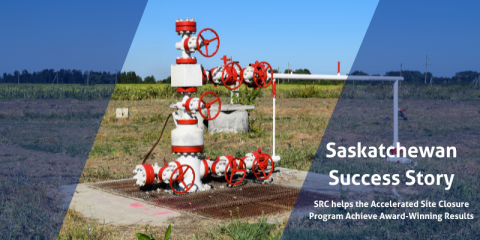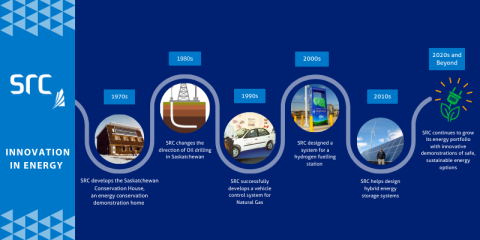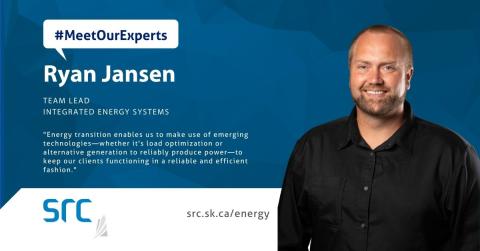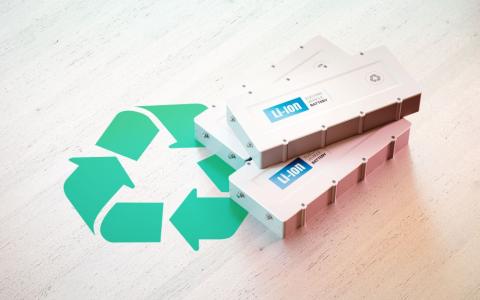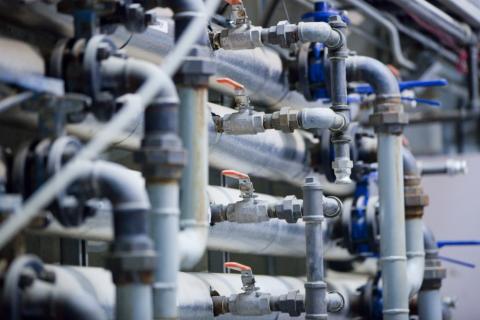Nuclear power is experiencing a global resurgence. Advanced technologies are leading to new generations of reactors, including small modular reactors (SMRs) and microreactors, that are being...
In 2013, SRC and Cowessess First Nation trail-blazed a new utility-scale wind-battery microgrid project located on Cowessess land near Regina, Sask. The goal for the project was to demonstrate the reliability of renewable energy through this microgrid demonstration. The project also enabled Cowessess to enter into a power purchase agreement with SaskPower and allow them to participate in the renewable sector - generating revenue for the First Nation and spurring further Indigenous economic development.
SRC has helped solve complex problems by developing innovative processes and technologies, from biodigesters to emissions monitoring to helium studies to direct lithium extraction technologies. Read on to learn more.
SRC joined forces with a group of tech companies to tackle the Innovation for Defence Excellence and Security (IDEaS) Program – Pop-up City contest to demonstrate an improved Relocatable Temporary Camp (RTC) with improved energy, water and waste management systems.
Saskatchewan's established oil and gas industry is crucial for diversifying the energy sector and providing solutions that work for the economy and the environment. With over 30 years of industry knowledge and expertise, SRC is supporting the province as it turns its attention towards hydrogen.
During a time when a global pandemic brought industries across the world to a standstill, shuttering businesses and stymying job growth, the Government of Saskatchewan initiated a program to help get people back to work.
For over 75 years, the Saskatchewan Research Council (SRC) has focused on research and technology demonstration that directly affects the welfare of the province — helping find solutions for the agricultural, mining, environmental and energy industries.
SRC has a long history of working in energy efficiency and renewables, and that work continues today. Meet Ryan Jansen, Team Lead, Integrated Energy Systems at SRC who leads much of SRC's work in renewables technology, as well as smart and microgrids—all with an eye on helping industry improve efficiencies.
As electric vehicle technologies advance and the energy transition continues, the demand for critical metals keeps rising. Learn about SRC's direct recycling process of LIB metals that will help industry meet the growing demand for critical metals and divert batteries from landfills.
Many industries in western Canada face corrosion problems due to the frequent exposure of metal alloys to water, salt, oxygen, carbon dioxide, hydrogen sulfide and lesser well-known sulfur compounds. In our lab, we test metal corrosion by simulating the environment in which it will be applied. Learn more.
